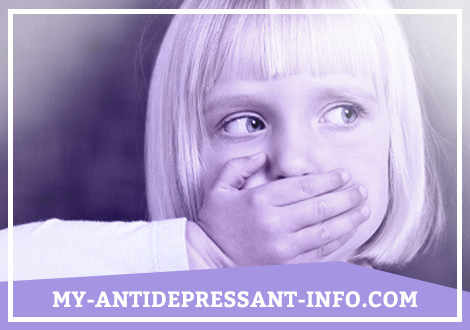What is Elective Mutism?
It is characterized by a persistent refusal to speak in one or more social situations, including in children’s institutions, with the ability to understand spoken language and talk.
Causes of Elective Mutism
Elective mutism is a psychologically conditioned refusal to talk. Maternal hyperprotection may be a predisposing factor. In some children, the development of the disorder occurs after emotional or physical trauma suffered in early childhood.
Prevalence
It is rare in less than 1% of patients with mental disorders. It is equally often or even more common in girls than boys. Many children experience a delay in the onset of speech or problems with articulation. Children with elective mutism are more likely than children with other speech disorders to have enuresis and encopresis. Fluctuations in mood, compulsive traits, negativism, behavioral disorders with aggression in such children are more manifested at home. Outside of home, they are shy and silent.
Symptoms of Elective Mutism
Most often, children speak at home or with close friends, but are silent at school or with strangers. As a result, poor academic performance can be observed or they become the target of peer attacks. Some children outside the home communicate using gestures or interjections – “hmm”, “yep, yeah.”
Diagnosis of Elective Mutism
Diagnostic criteria:
- a normal or almost normal level of speech understanding;
- a sufficient level in speech expression;
- provable evidence that the child can speak normally or almost normally in some situations;
- the duration of more than 4 weeks;
- there is no general developmental disorder;
- the disorder is not caused by the lack of sufficient knowledge of the spoken language required in a social situation in which an inability to speak is noted.
Differential diagnosis
Very shy children may not speak in unfamiliar situations, but they have a spontaneous recovery when embarrassment passes. Children in situations where they speak a different language may refuse to switch to a new language. The diagnosis is made if the children have mastered the new language, but refuse to speak both their native language and the new language.
Treating Elective Mutism
Successful individual, behavioral and family therapy.

